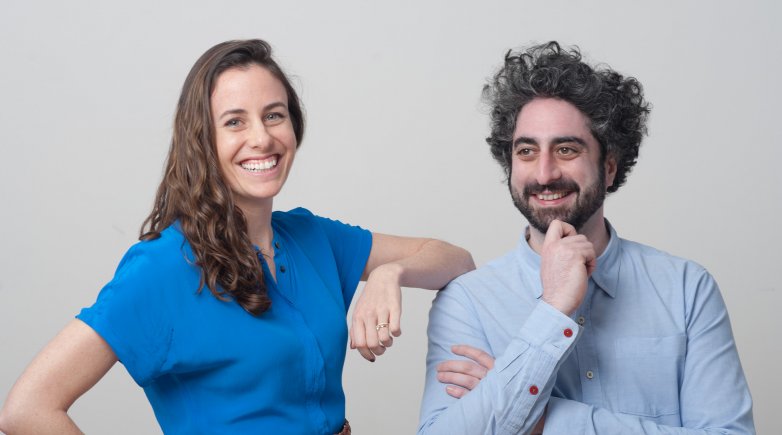Making Geothermal Heating Mainstream
A conversation with Kathy Hannun ’05 and James Quazi ’98.
Geothermal energy is one“hot” renewable energy source. Just how hot may depend on the efforts of Kathy Hannun ’05 and James Quazi ’98 and their new venture, Dandelion, a New York-based company providing state-of-the-art geothermal heating and cooling systems to homeowners in New York State. Hannun is CEO and Quazi is chief technology officer of the company, which spun off last year from X, Alphabet’s famed innovation lab.
Hannun, who has bachelor’s and master’s degrees from Stanford University, was an X project manager when she learned about the potential of geothermal power. “A colleague in our New York office explained the problem of how to efficiently heat and cool homes and buildings, especially in the Northeast, where many people rely on heating oil,” Hannun says. “There’s an abundant free resource of thermal energy if we can access it. People would be free of oil, have a better experience, and have predictable heating and cooling costs.” She drilled further into the problem, hiring Quazi, a Cornell-educated solar energy entrepreneur experienced in developing energy technologies. Two years later, backed with venture capital from Collaborative Fund, ZhenFund and Borealis Ventures, the duo launched Dandelion. “Our investors understand Dandelion’s potential to redefine a huge market — home heating and cooling — and use technology to provide a better solution than currently exists,” Hannun notes.
Geothermal power is an attractive alternative to traditional heating and cooling sources because it taps into the thermal energy underground where temperatures are a steady 50 to 60 degrees. A residential geothermal system harnesses energy from the ground to heat and cool homes and produce hot water. Dandelion installs closed-loop systems that use a closed circuit of water running through piping to exchange heat between the earth and the home, pushing heat out in the summer and pulling heat in during the winter. Unlike heating systems that produce heat by combusting fuel oil, propane, or natural gas, geothermal heating uses electricity to harvest renewable thermal energy, producing no point-source emissions.


